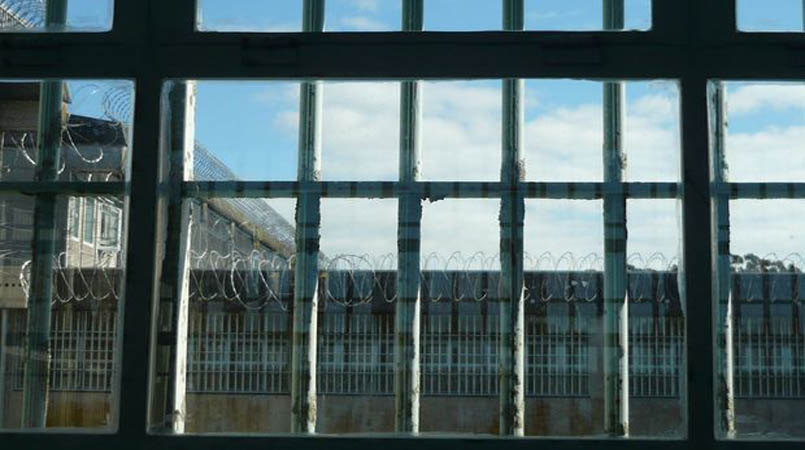
A father who served jail time for fracturing his baby's skull, leg and ribs has been granted a stay of deportation to remain with his family in New Zealand.
Romeo Misipati, who was released from prison last year after serving one year of a two-year sentence for grievous bodily harm and ill-treatment of a child, has won an immigration case against deportation to Samoa.
The Immigration and Protection Tribunal in Auckland decided in September that Misipati, in his early 30s, should remain in New Zealand with his wife and four children.
In its decision, released on Tuesday, the tribunal decided it was in the public interest for the father-of-four to remain in New Zealand and be reintegrated into the family home.
"The separation of the appellant from his partner of nearly a decade and from his four young children is clearly a humanitarian circumstance," the tribunal said.
"To deport the appellant would be to remove from four young children a parent who is now willing, and becoming properly equipped, to fulfil his parental responsibilities. Deportation would compound rather than ameliorate the negative impact upon the children of the appellant's offending.
"The tribunal is satisfied that it would be unjust and unduly harsh to the children for the appellant to be deported from New Zealand."
In making its decision, the tribunal noted that Misipati had completed anger management and parenting courses since his arrest in 2013.
Despite being diagnosed as remaining a "moderate" risk to reoffend, both a clinical psychologist employed to analyse Misipati and a Child, Youth and Family manager agreed the best outcome for the family would be for the father to remain in south Auckland - for the sake of his children.
"The family members include four children under the age of seven, for each of whom the presence of a positive male role model is of fundamental importance to their emotional development," the tribunal decision said.
"The evidence of [the psychologist] and [CYF] was that it is in the best interests of the children that they remain in New Zealand, in the care of both parents."
Misipati's wife was "exhausted" from the demands of their four young children, with child care costs, school commitments, loan repayments and full-time employment consuming her time and resources as a solo parent while Misipati was in prison.
She would not consider returning to Samoa as she wanted her children to remain in New Zealand where she could provide them a better life.
The tribunal also noted that Misipati would be afforded better therapy in New Zealand than he would in Samoa, where there was a chance his children would have to join him if he was deported.
"If returned, he would be unable to continue to make progress in addressing the factors that led to his offending. He would likely lose the benefit of the intervention he has experienced to date.
"He may fall back into past habits, subjecting the children to corporal punishment."
With the right management and familial reintegration, though, his family could benefit from his presence.
"If [Misipati] continues to engage appropriately with the therapeutic programme proposed, there is every reason to believe that he would become that positive role model," the tribunal noted.
As such, the tribunal suspended his deportation liability.
However, if he were to commit an imprisonable crime within the next five years, that would be revoked and he would be deported.
